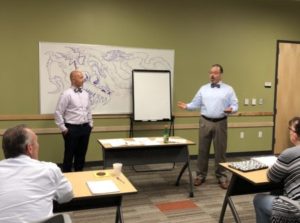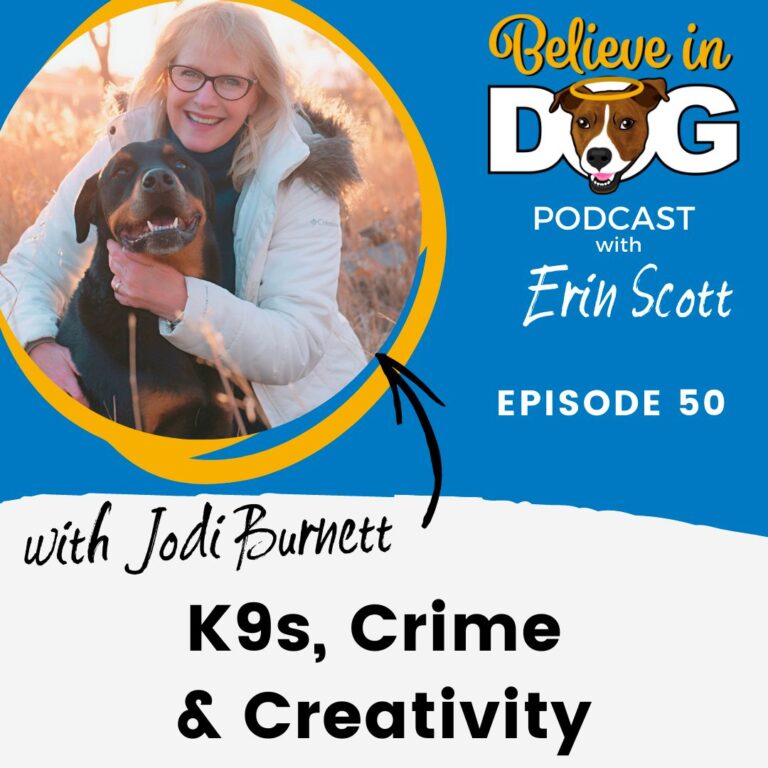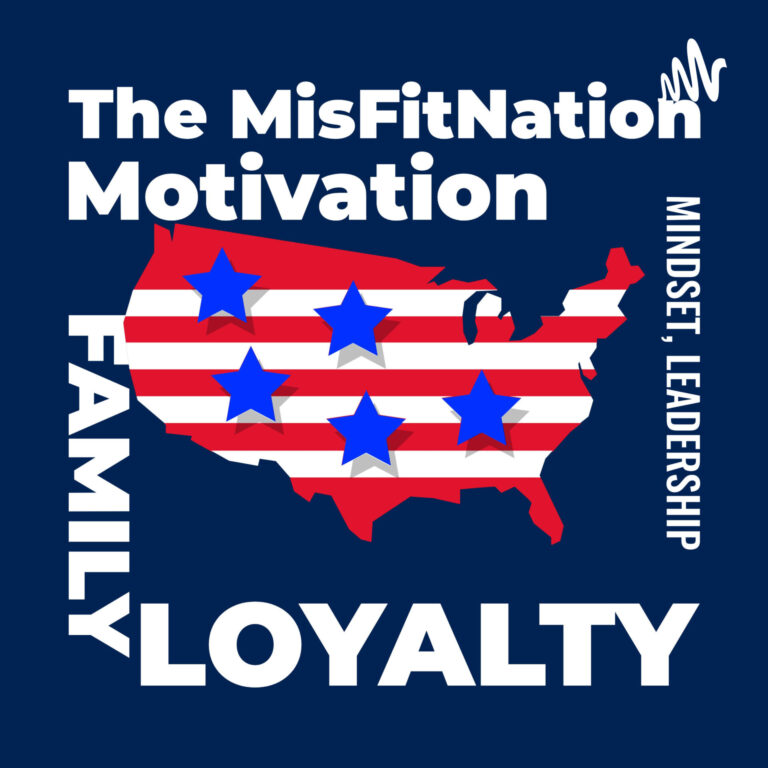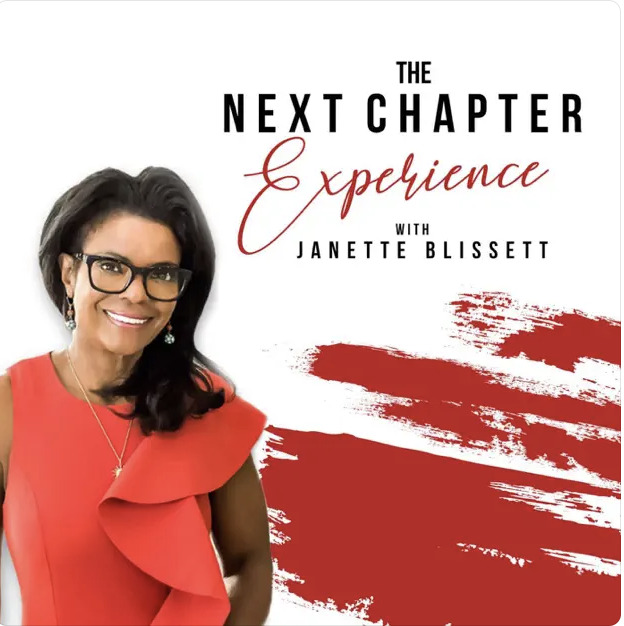
Make a list of the top five things that cause you fear. For many of us, somewhere in the top five – likely right after snakes or shark attacks – is public speaking.
Last Saturday I had the distinct privilege to attend a talk given by Andre Simoneau and Troy Lynette titled “Pause Time, Travel to the Future & Speak Confidently.” Now you should know, I get queasy even thinking about speaking publicly. I joke that it’s fundamentally why I write. I can be my introverted self, sitting nestled away with my laptop and say all that I want to without ever having to face my audience. It’s a lie I tell myself so I won’t have a nervous breakdown.
But it is a lie. The truth is we all must speak publicly. Andre made the point by asking if we stopped speaking for the next thirty days, would we be able to keep our jobs? If not, then the truth is we get paid (or accomplish our best work) for talking. I am a writer. I can avoid public speaking but if I do, I will never sell my book ideas to an agent. That is a cold, hard fact.
So, I took a breath and leaned in.
Could Andre and Troy teach me anything about pitching my book?

They talked about:
- The Magic of Thinking Big by David J. Schwartz and stepping into the things that make us uncomfortable (or terrified to the core in my case).
- Letting go of the False Belief – when we imagine what others are thinking or are going to say.
- Listeners actually want us to succeed as much as we want to.
Troy put forth the idea of practicing by speaking to strangers using the F.O.R.M. method to create connection. When you meet someone new, ask about F-amily, O-ccupation, R-ecreation, and M-essage. Play with asking questions. Ask open-ended questions like, “What do you do when you’re not here talking to me?” Follow up with, “Tell me more about that,” or “What is your favorite part of doing that?” Remember, whoever is asking the questions is in control of the conversation.
Speak in parables – speak a story that makes a point. Pause and allow your listener to live vicariously in your story. The F.O.R. part of the method builds connection. Then, and only after a connection is made, do you move into your M-essage. This is where you ask for help or lead someone in your point of view.
Andre and Troy’s message is about speaking in front of an audience but they helped our small group of writers adapt the same methods to pitching a novel to an agent or editor.
- You have a ten-minute pitch but ONLY 60 seconds to make a connection (look for raised eyebrows)
- When you tell them what your story is about, don’t list things chronologically. Tell it like you’re telling a story.
- Ask “What if…” questions and keep the loop open. “What if I had a book that….?”
- Use visual imagery to create emotion and empathy
- When you are asked a question, pause. Pausing creates connection and allows you to see the picture of how you want to answer.
- Picture one word then allow your mind to come up with the story.
- Eye contact is crucial – reading notes does not create connection
- Have 5-7 key points (steps on the hero’s journey or plot points) and whittle them down to single words that you can springboard from.
- Handwrite your bullet points on a card and have it handy. (writing by hand creates a connection in your brain)
- Practice – in the car, in the shower, while mowing the lawn, with others
- Video record yourself to see if there is anything about the way you present yourself that is distracting
- Watch Russell Brunson’s pitch on ExpertSecrets.com
Troy and Andre frequently referred to Sam Horn, a wonderful teacher for this type of speaking. She has several TED talks and books. She suggests starting with “Did you know….” Or “Imagine….”
After you present your concept or book idea ask more questions to keep your listener engaged.
- What most intrigues you about my story?
- What did you like best about my story?
- How could I improve on future pitches?
- Would you like me to send you my synopsis? Pages?
Andre and Troy’s presentation helped me to feel empowered and even cautiously excited about pitching my new book. I have a little less than two months before the Romance Writers of America conference here in Denver. I’ll be practicing until then!
They offered a bunch of references including TED talks, websites, and books for further information and encouragement. I have included them below:
They had nothing for me to solve my fear of snakes but that’s okay snake-ophobia is a legitimate fear.
Got Your Attention? – Sam Horn
High Performance Habits – Brendon Burchard
Life’s’ Golden Ticket – Brenden Burchard
How to Win Friends & Influence People – Dale Carnegie
Infinite Possibilities – Mike Dooley


Request to see Andre Simoneau and Troy Lynette at up-coming writing conferences and invite them to speak at your events.
You will be pleased you did.




[…] What is One Thing People Fear the Most? […]